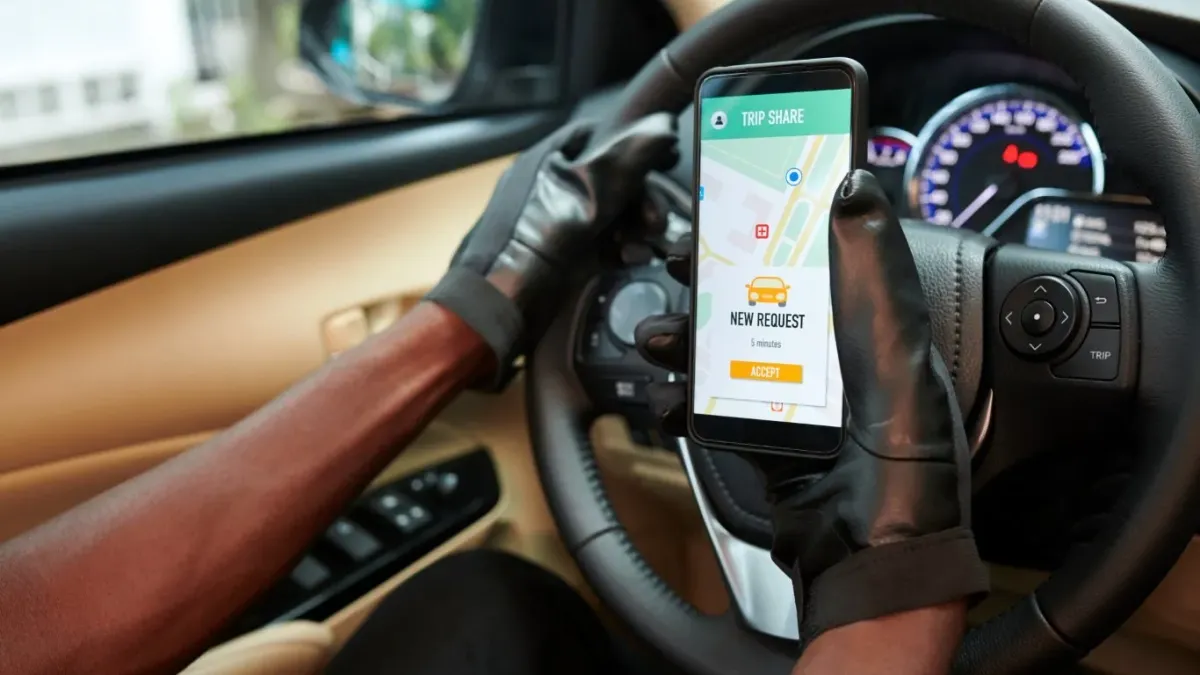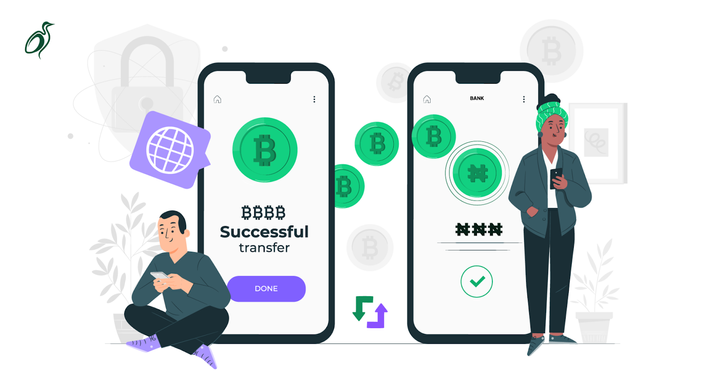Kenya drivers battle ride-hailing apps over fare rates
Kenyan drivers have begun to hike their fares and will continue to charge such rates if their fare prices are not reviewed and increased by ride-hailing platforms.

The recent battles over fares between ride-hailing apps and their partner drivers in Kenya have escalated. Drivers whose ride rates are set by ride-hailing companies have recently begun to impose their prices and refuse services to passengers unwilling to pay the imposed rates.
“We, as Nairobi online drivers, wish to notify the public that due to the high cost of living, we will not be able to operate under the current rates of Uber, Faras, and Bolt,” read a notice behind the headrest of a driver’s seat.
The announcement states that price adjustments are necessary for gig drivers to remain viable in the industry. The drivers hope their actions will encourage ride-hailing companies to reconsider their pricing structure, beginning with an increase in the minimum fare from $1.40 (KES 180) to $2.33 (KES 300).
“When the minimum fare is KES300, our calculation is a litre of fuel plus an additional $0.78 (KES100) for the driver, airtime, and maintenance. For trips over KES300, which covers more than 3km, it would only be fair for a driver to multiply the app’s fare by 1.5,” said deputy chairman of the Organisation of Online Drivers Kenya, Dennis Nyariki.
Drivers have set standard airport and railway station pickup and drop-off fares to between $7.75 (KES 1000) to $38.76 (KES 5000) making them more expensive than train tickets, and nearly half the price of a flight from Nairobi to Mombasa.
Nyakyiri further shared that an analysis by AA Kenya, a mobility solutions company found that if maintenance costs are included, the apps would typically charge at least $0.26 (KES 33) per kilometre.
Kenyan drivers embarked on a 5-day protest on July 15 to push for fare reviews due to the high cost of living. Still, ride-hailing companies are keen on maintaining their affordable fares to retain price-sensitive customers.
The companies have agreed to meet with drivers’ associations to address the issues as more customers report harassment and cases of assault when they refuse to pay the unofficial rates.
“We understand and empathise with the concerns raised by drivers,” Bolt said in a notice. “However, we are aware that some have taken independent actions to increase prices, leading to inconsistent customer charges. We wish to discourage drivers from increasing fares off the app until this industry matter is resolved.”
Bolt added that it is actively working to balance the “economic needs” of their drivers and quality and affordable services for customers.
In the past, the Ministry of Transport and the National Transport and Safety Authority (NTSA) have tried to mediate negotiations between drivers’ unions and ride-hailing companies.
Previous such meetings have yet to yield results, making gig drivers strike regularly. While drivers' main concerns remain the pricing structure, they also seek a role in determining or reviewing trip fares.
Uber also stated that asking for extra money beyond what the app shows breaks their rules. If drivers are caught doing this, they could face consequences ranging from temporary suspension to permanent removal from the platform.
“Requesting additional payment over and above what is displayed on the app violates our Community Guidelines. Should this be found to have taken place, actions may range from the driver’s account being put on hold to potentially being denied further access to the app,” Uber said in a notice.
The unions have stated that they will continue to charge their rates if the meeting fails to resolve the disputes fairly.






